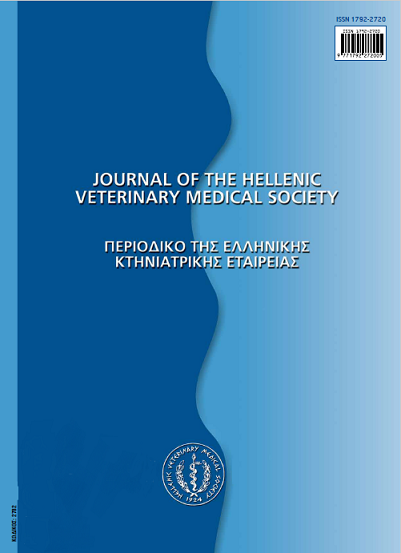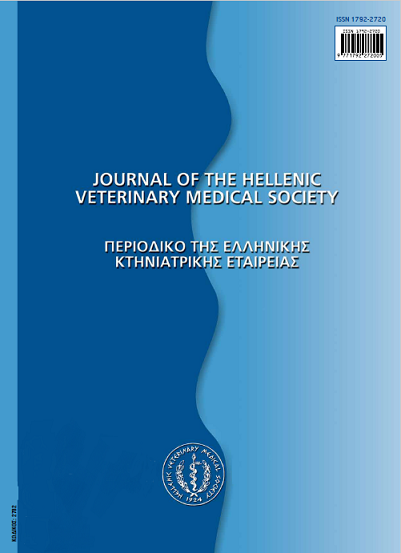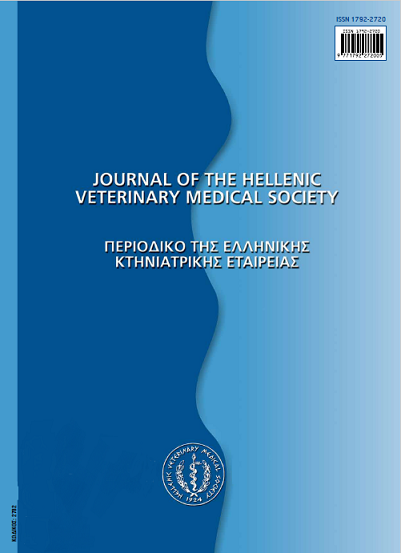Botanicals: a natural approach to control ascaridiosis in poultry
Résumé
Parasites (protozoa, helminthes, arthropods) represent a main threat for poultry worldwide. Among helminthes, nematodes constitute the most important group of parasites of poultry. The nematode Ascaridia galli, the cause of ascaridiosis in poultry, is one of the most important and prevalent parasites, resulting in serious economic losses, associated with the treatment cost, the decreased feed efficiency, and the poor egg and meat production. During the past few decades the indiscriminate use of anthelmintic drugs has generated several cases of resistance in helminthes in poultry, situation which is coupled with the severity of residues in poultry products. For this reason, nowadays attention has been drawn to the use of botanicals in poultry diet, due to their anthelmintic properties. Furthermore, the dietary use eco-friend ly of these plant derived substances compared to conventional synthetic anthelmintic drugs is considered as a natural and ecofriendly approach by the consumers. The focus of the present review is to recapitulate the studies, both in vivo and in vitro, that have demonstrated the anthelmintic efficacy of various dietary botanicals in controlling poultry ascaridiosis.
Article Details
- Comment citer
-
SYMEONIDOU, I., BONOS, E., MOUSTAKIDIS, K., FLOROU-PANERI, P., CHRISTAKI, E., & PAPAZAHARIADOU, M. (2018). Botanicals: a natural approach to control ascaridiosis in poultry. Journal of the Hellenic Veterinary Medical Society, 69(1), 711–722. https://doi.org/10.12681/jhvms.16383
- Numéro
- Vol. 69 No 1 (2018)
- Rubrique
- Review Articles

Ce travail est disponible sous licence Creative Commons Attribution - Pas d’Utilisation Commerciale 4.0 International.
Authors who publish with this journal agree to the following terms:
· Authors retain copyright and grant the journal right of first publication with the work simultaneously licensed under a Creative Commons Attribution Non-Commercial License that allows others to share the work with an acknowledgement of the work's authorship and initial publication in this journal.
· Authors are able to enter into separate, additional contractual arrangements for the non-exclusive distribution of the journal's published version of the work (e.g. post it to an institutional repository or publish it in a book), with an acknowledgement of its initial publication in this journal.
· Authors are permitted and encouraged to post their work online (preferably in institutional repositories or on their website) prior to and during the submission process, as it can lead to productive exchanges, as well as earlier and greater citation of published work.





